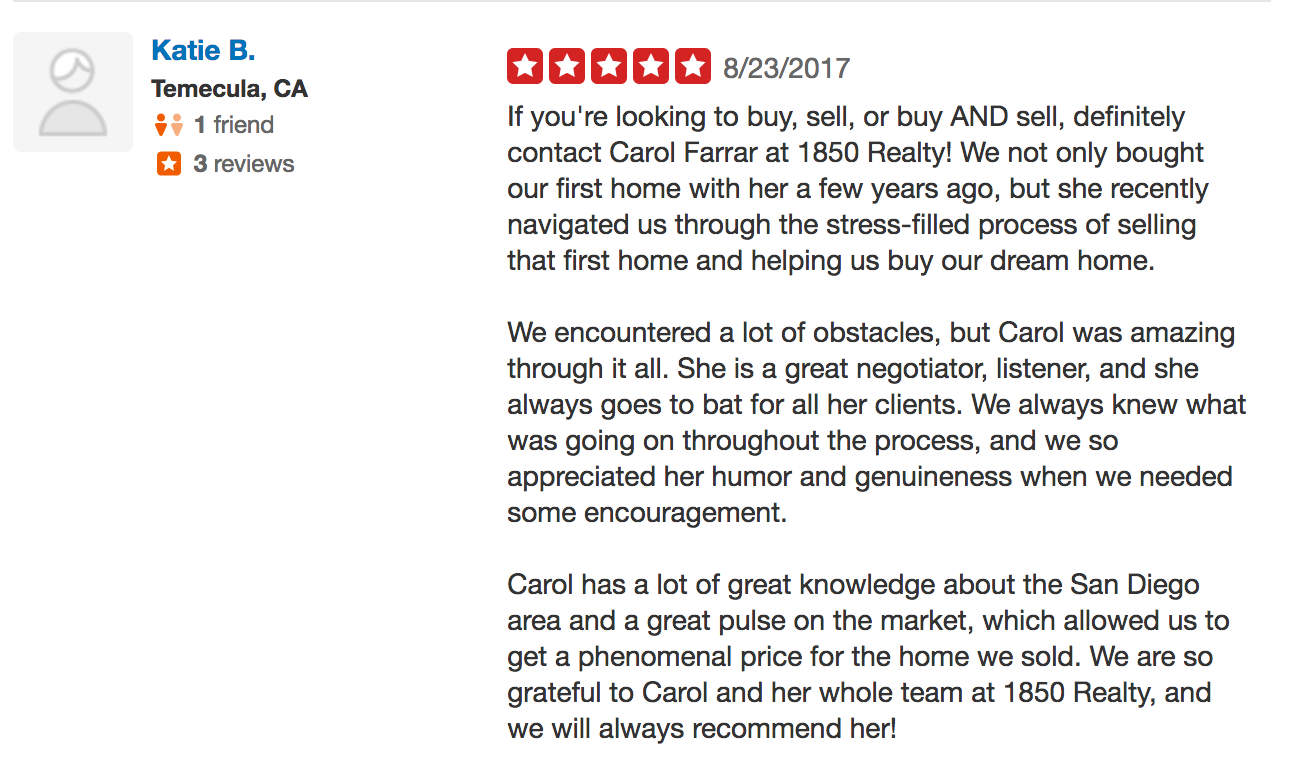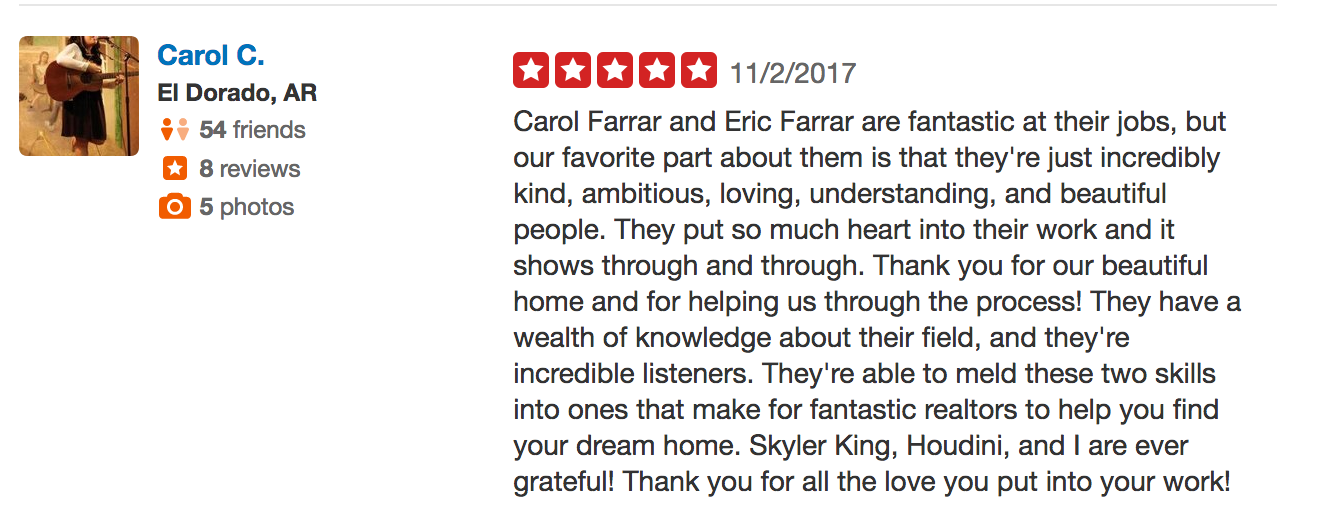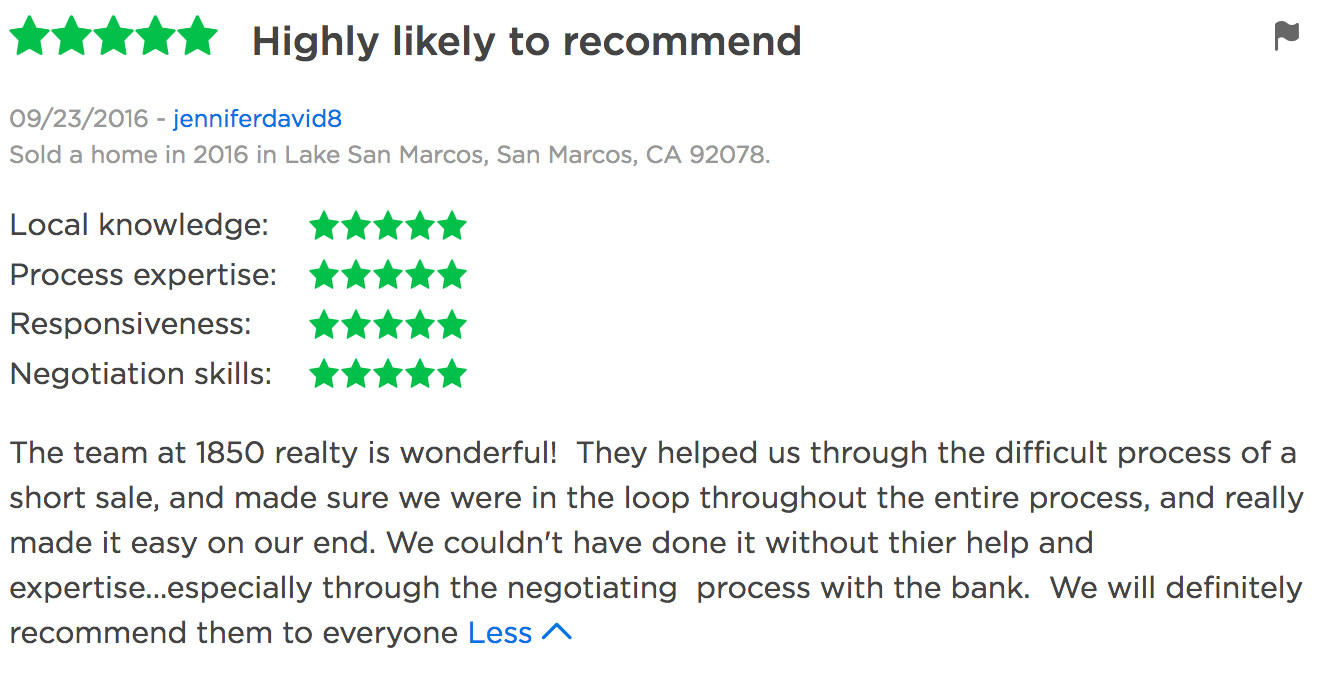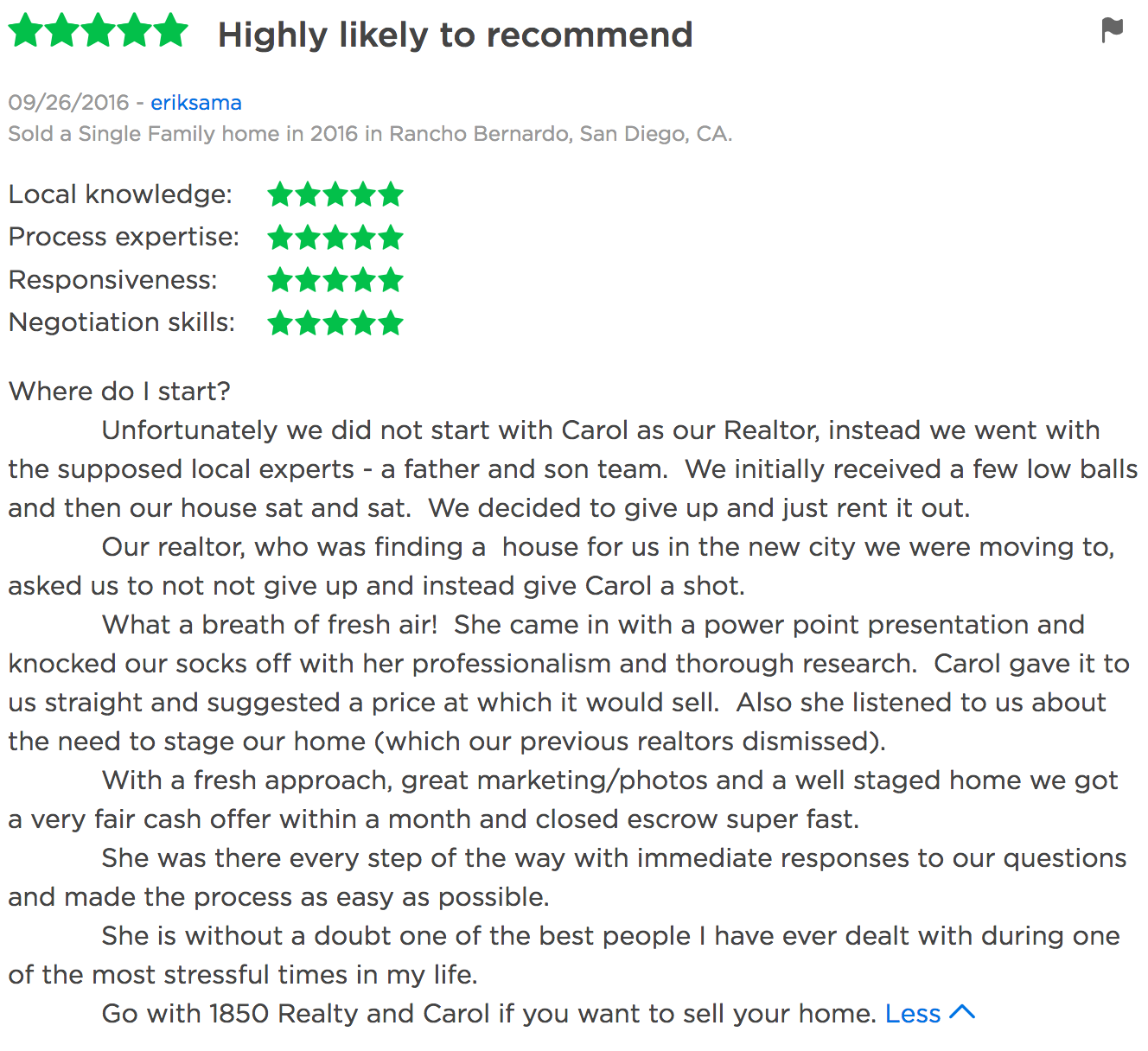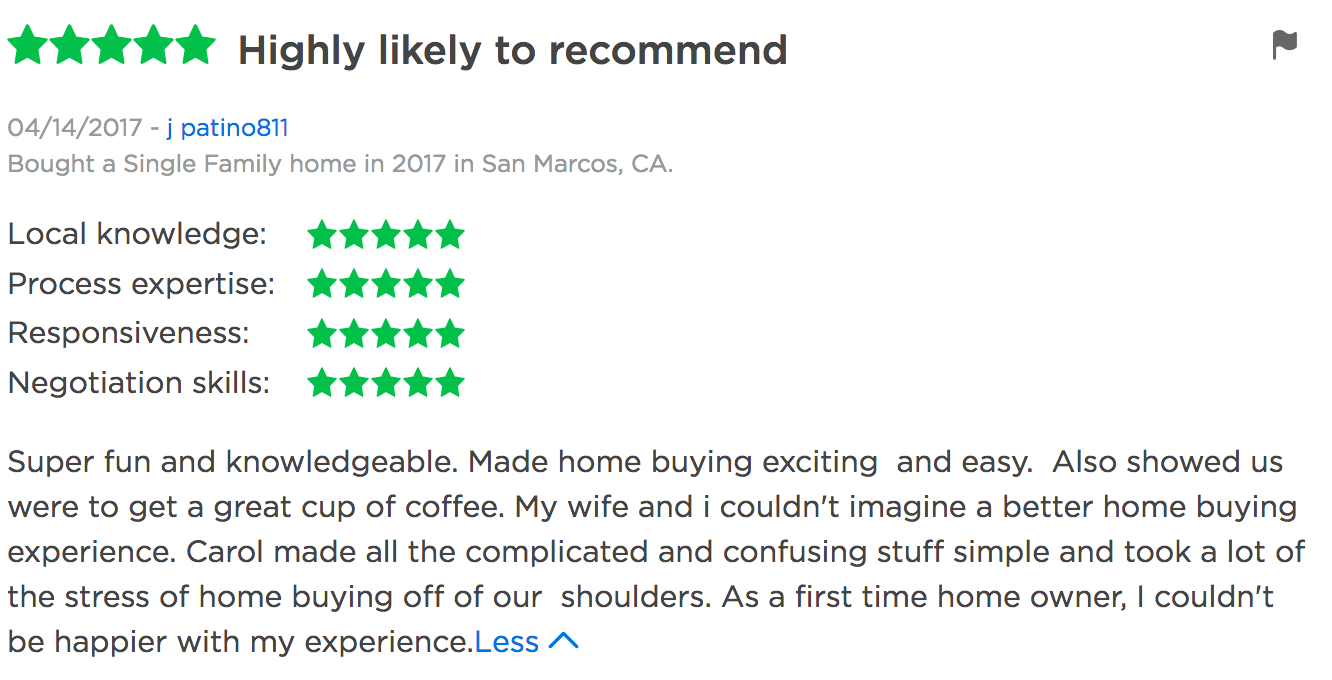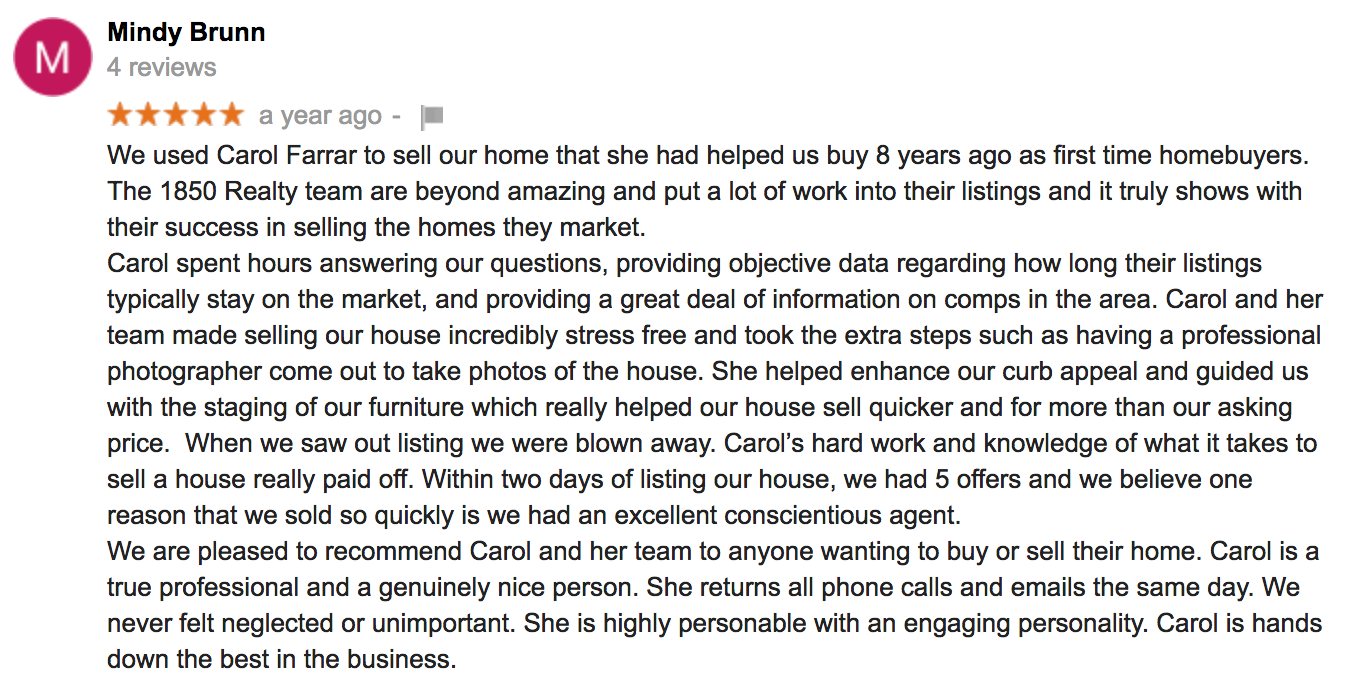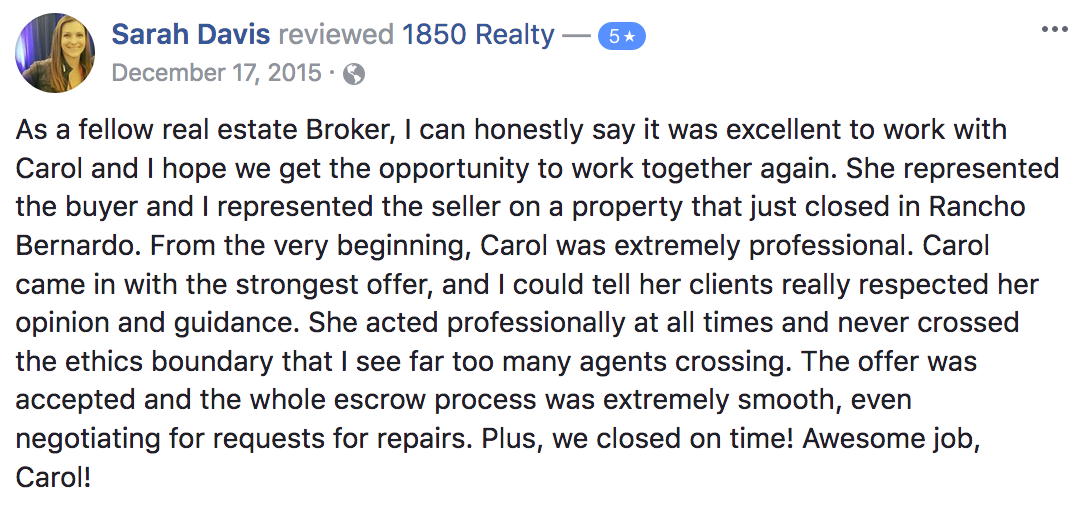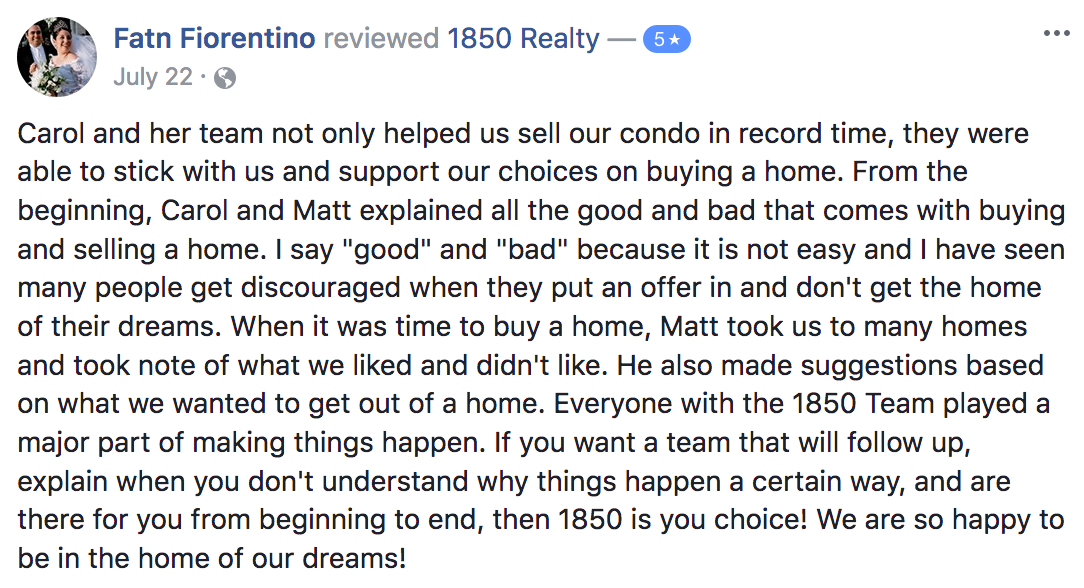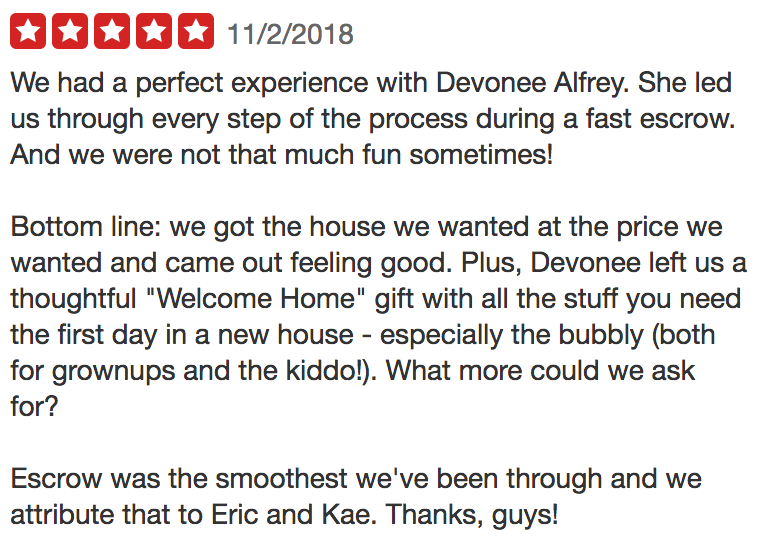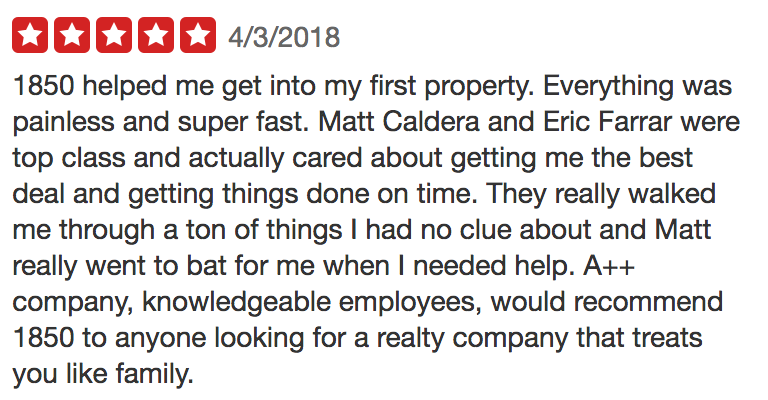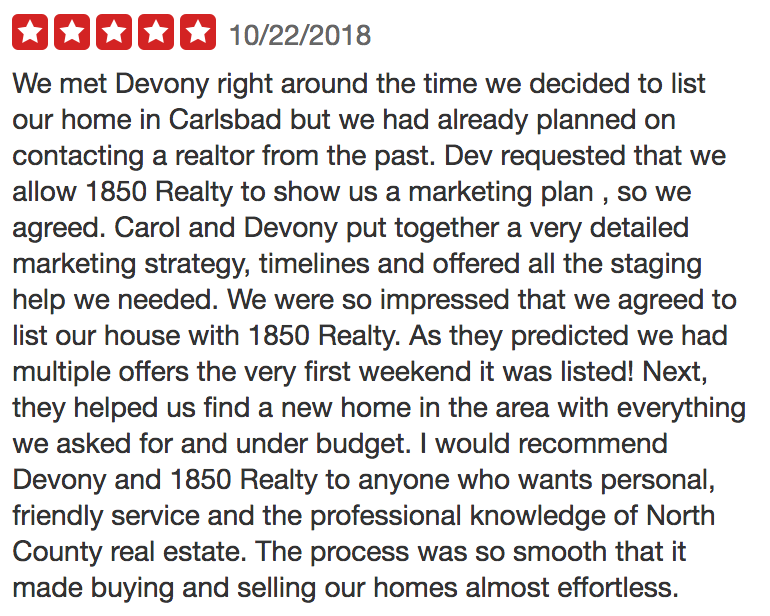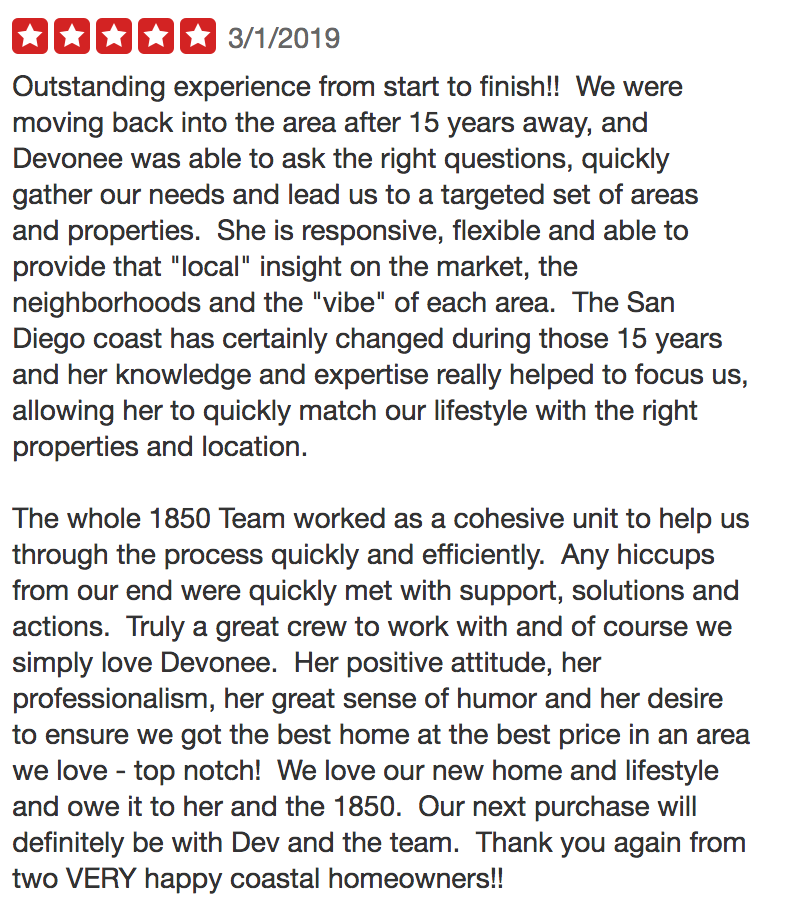So you want to make money in real estate…
We are often asked about making money or investing in real estate, so we assembled some information to help you understand the different approaches you can use on your quest for financial independence. Investing in real estate is completely different from buying your own property.
For the purpose of this article, real estate will mean marketable residential or commercial property. We will lump vacant land, entitlement, planning, and construction as development; which will be excluded from the scope of this material. Investing is defined as: “expend money with the expectation of achieving a profit.”
Becoming a Real Estate Agent
A career in real estate can provide a channel for success. Is becoming an agent for you? Let’s ask some exploratory questions: do you have a network? Is that network transacting in real estate? If the answers are no to both questions, you will start out swimming upstream. The statistics will be against you, as defined by the 80/20 rule: 80% of transactions are performed by 20% of agents. In California, 50% of licensees do not transact on an annual basis.
To begin to enjoy the flexibility of real estate in San Diego, plan on helping folks buy or sell at least $2,500,000 in real estate per year. This is the floor in our opinion; any less and you won’t have enough practice or income to sustain a healthy book of business. When you can achieve more sales than this, it will start to allow you the flexibility to start investing in other facets of the business.
Wholesaling
“Wholesaling” doesn’t seem like the proper term; properties aren’t widgets. It involves finding sellers, typically in distress, that you say you will purchase cash for a no hassle transaction. You then find an investor to buy said property from you at a mark up; making you simply a middle man, or wholesaler.
Example- Ms. Doe, a widow you know has a home that is in a neighborhood selling for $400,000. Since her husband’s passing, maintenance and upkeep has taken a respite; in current condition it is worth about $350,000. You approach Ms. Doe and offer $300,000 so she doesn’t have to suffer going to market. You contact a few investors with a bargain, you will sell the home to them at a discount, $340,000! An accord is made, and the middle man assigns the purchase to the investor for a $40,000 profit. Easy peasy, right?
We aren’t fans of wholesaling, since the middleman has no fiduciary duty to either client. Wouldn’t Ms. Doe be better off securing $350,000 without going to market? If not going to market is a concern, 1850 Realty has strategies that are proven to procure the most the market can offer with the least amount of hassle. We also have relationships with multiple investors to make the most money for our clients if avoiding the market is a necessity.
Flipping
Flipping is a buy low, sell high strategy with a renovation component. This strategy revolves around having sufficient funds or credit to purchase and fix a property in a very quick time frame.
Part One: the buyer searches for properties in need of repairs or updates, with the end goal of renovating the property into a condition that will net the maximum the market can bear.
Part Two: Identify comparable properties in the area, and make repairs and upgrades as needed. Flippers who rely on market rate contractors for repairs and upgrades will have a tough time realizing profits above 10%, going into 2018 and beyond in San Diego County. Successful folks in this space are general contractors themselves, using residential flipping as a way to keep crews busy in between larger jobs while augmenting company profit. They pay wholesale rate for labor and materials, thus realizing the maximum net on their property investment.
Part Three: selling the property. The faster the property can be resold, the lower the carrying costs can be. We have helped clients buy and re-sell in as little as 6 weeks. There are some downsides to this speed, such as buyers taking advantage of FHA/VA loans. These programs have cooling off periods built in to prevent distortions in value. An example: government insured loans don’t like seeing a the same property bought for $350,000 being resold for $425,000 in one month.
Buy/Hold
Identifying properties, both residential or commercial, for long term ownership to be rented or leased to tenants. Many folks looking to invest in this manner have a hard time separating the personal emotion from the investment. Someone in this space will have defined rates of return on monthly income and property appreciation. You can procure property with mortgages, but many are cash buyers looking to invest in tangible assets to diversify their portfolios. Using a mortgage typically means monthly income is low while the loan is being paid off; the exception is someone with a portfolio of paid off properties that balance the debt load out.
Downsides to this strategy are amplified to those with loans on rentals. In California, renter’s rights are robust and only becoming stronger as time goes on. A renter in default could occupy your property upwards of twelve months, with no income being generated to pay carrying costs. A foreclosure risks all equity built by an owner over time.
Upsides are a very tight rental market, meaning units do not sit vacant for appreciable amounts of time. Rental rates are also at the ceiling of the market.
Most residential owners have limited ability to write off costs during ownership, especially if you hold title as personal property. Having a corporate entity can help immensely; your CPA can help advise the best vehicle to use in your situation. Commercial ownership is structured a bit differently, especially with multi-tenant property. Deeper pocket purchases can offer more flexible write off scenarios; which can help those with large portfolios juggle tax write offs to their maximum benefit.
Notes
A little known investment vehicle is purchasing first position mortgage loans themselves, giving the buyer great control of their income. These offer known sums and rates of return monthly, and in aggregate. They are bought outright, so cash on hand is needed to play ball. Notes also offer protections- if a owner doesn’t pay, you can foreclose on the property and sell the asset. There are multiple tax benefits, since these can be held in an equivalent to IRA’s; making the gains realized tax free. These can be rolled over into purchasing more notes, so on and so forth. You see where this is going!
Bottom Line
1850 Realty has trusted relationships and resources to help in all of these scenarios. If you would like more information, please contact us for a confidential conversation: Eric@1850realty or 760-814-1850.


